How Does Overfishing Affect Biodiversity? Let's Do a Deep Dive
Published Dec. 29 2020, 10:00 a.m. ET
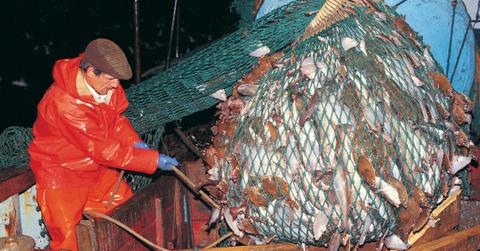
Three out of seven people — about 260 million worldwide — rely on seafood as their primary source of protein, which means the environmental and health impacts of fishing are more relevant than ever. In fact, overfishing is becoming a huge problem; Conservation.org reports that one-third of the world’s wild-caught fisheries are depleted as a direct result of overfishing, pollution, and climate change.
As fish populations decline, farmed fisheries have started supplying most of our seafood, which is often plagued with additives, growth hormones, genetically modified organisms, and even food dye. However, overfishing results in other issues, too — mainly, environmental issues. Overfishing significantly affects biodiversity, which in turn, changes the ecosystem. Keep reading to find out more on how overfishing contributes to biodiversity.
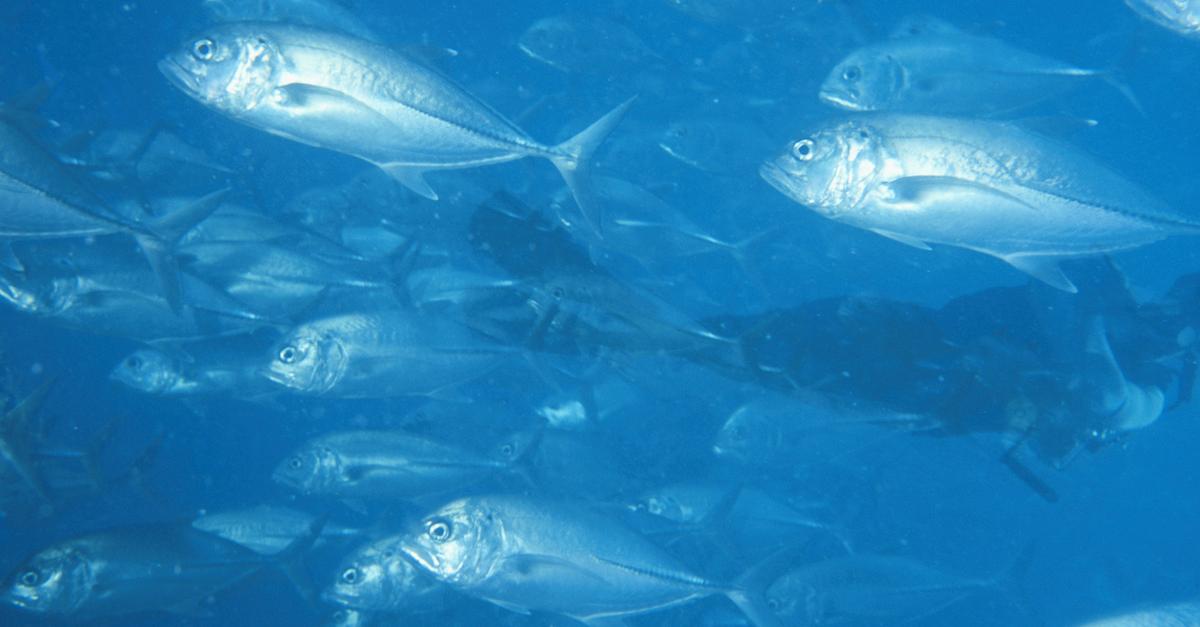
What is overfishing?
Overfishing refers to non-sustainable practices of fishing that result in the depletion of fish species. In layman’s terms, overfishing happens when fishermen catch fish faster than the fish can reproduce. Long ago, when fishing relied on more natural methods (instinct, word-of-mouth, and guesswork), fishing practices were more natural and therefore, sustainable.
But due to modern technology, fishermen now get significant help from high-tech machinery that can detect and track schools of fish, enable fishermen to explore new areas of water they had not been able to access before, and also embark in deeper waters. According to the United Nations Food and Agricultural Organization (FAO), over 70 percent of the world’s fisheries are “fully exploited,” “over exploited,” or “significantly depleted” as a direct result of overfishing.
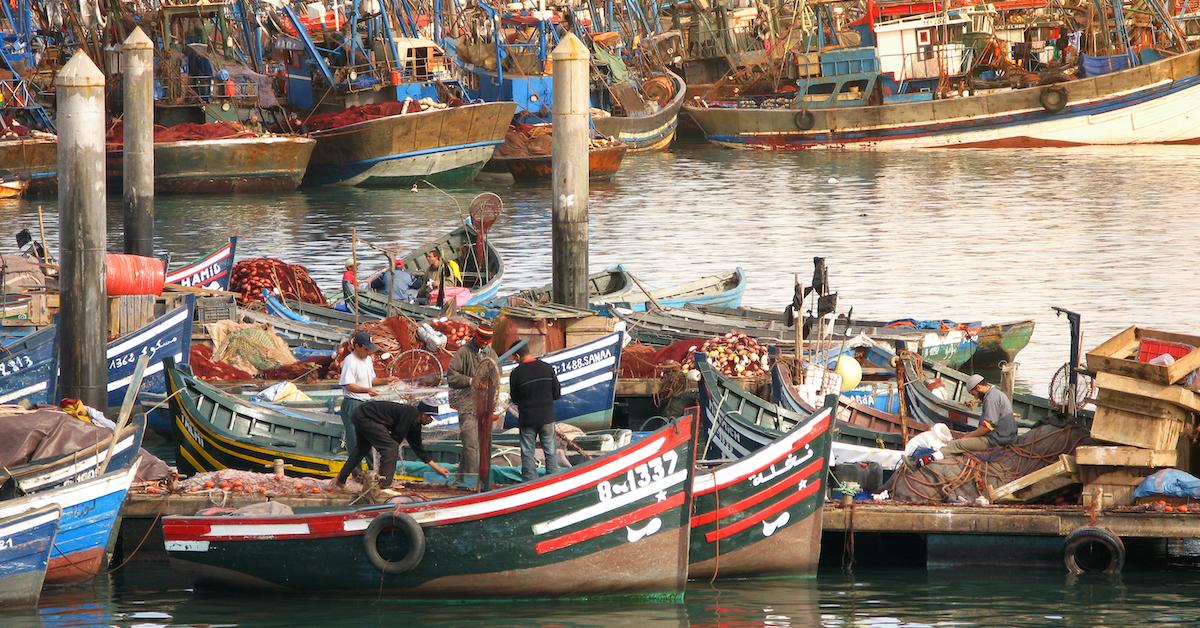
What is biodiversity?
Biodiversity refers to the variety of life on Earth, referring to our planet’s vast number of biological species and organisms. It's heavily impacted when certain species cease to exist, or become threatened at a rate that is faster than that species can reproduce. Ultimately, the number of plants, animals, and microorganism species on Earth determines biodiversity.
According to Global Issues, varying genes in each of these species also contributes to more biodiversity. If ecosystems or species become threatened or cease to exist, biodiversity decreases — and ultimately, all walks of life are impacted — because of the degrading food chain and other necessary biological processes.
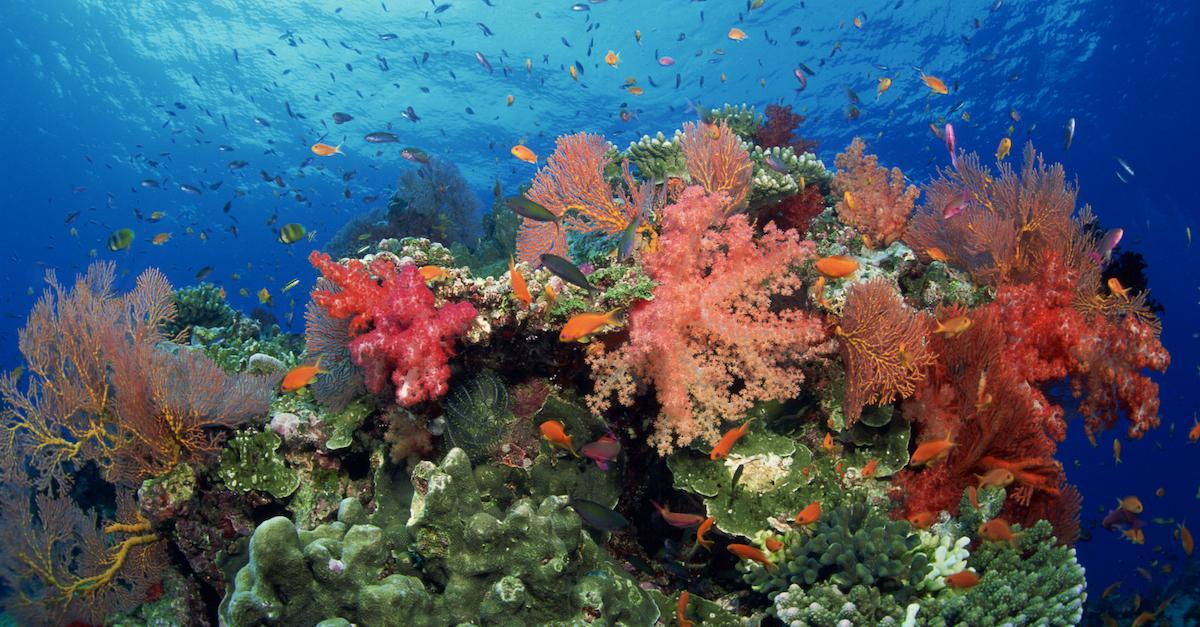
How does overfishing affect biodiversity?
Overfishing impacts biodiversity in more ways than one — per Marine Science Today, overfishing alters the food chain. If a certain species is wiped out due to overfishing, the animals that rely on that species as a food source could starve, or might resort to eating other species of fish, thus altering the ecosystem and food chain as a whole.
On the other end of the spectrum, the population generally consumed by the extinct species would grow disproportionately, often making way for an influx of pests. Overfishing creates a domino effect that impacts all living organisms, therefore significantly affecting biodiversity.
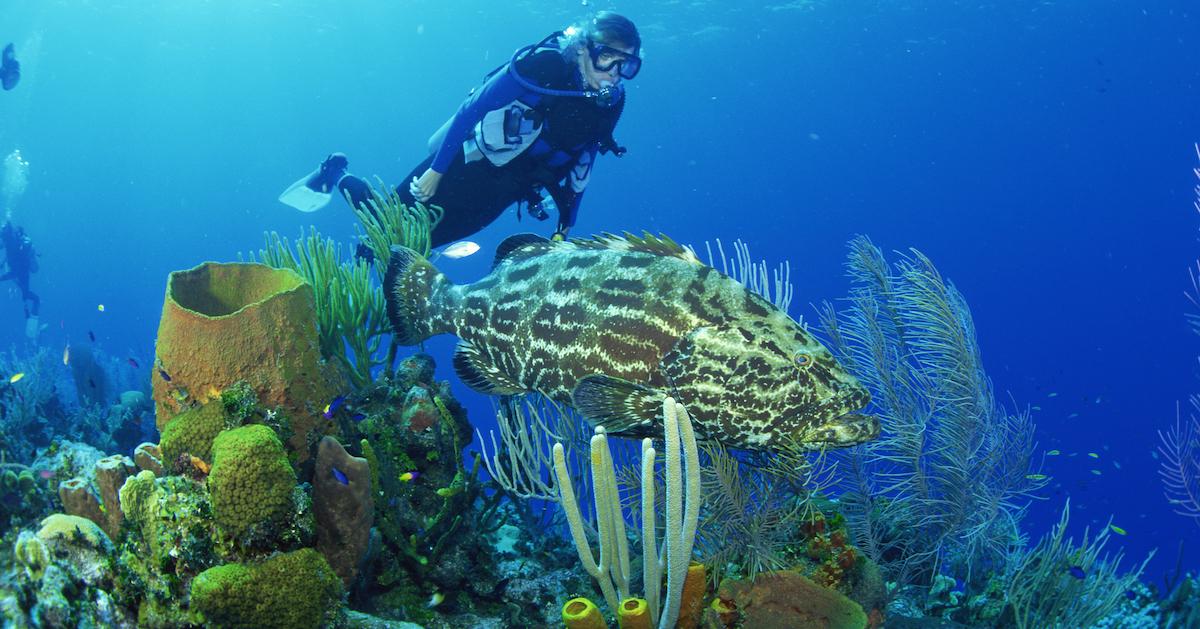
Why is biodiversity important?
Biodiversity is necessary, because every organism plays a role in the eco-system. If one species is compromised, biodiversity becomes compromised as a whole: the food chain, ecosystems, and more. The more biodiversity there is on this planet, the more productive ecosystems are, contributing to a greater availability of biological resources.
Apart from food, biodiversity impacts medicinal resources, wood products, and ornamental plants. Biodiversity also helps ecosystems recover in cases of disaster. If a weather event threatens natural disasters, healthy, biodiverse ecosystems have a better chance of bouncing back. It also ensures protection of water resources, soil formation, nutrient storage and recycling, and the necessary breakdown of pollution.
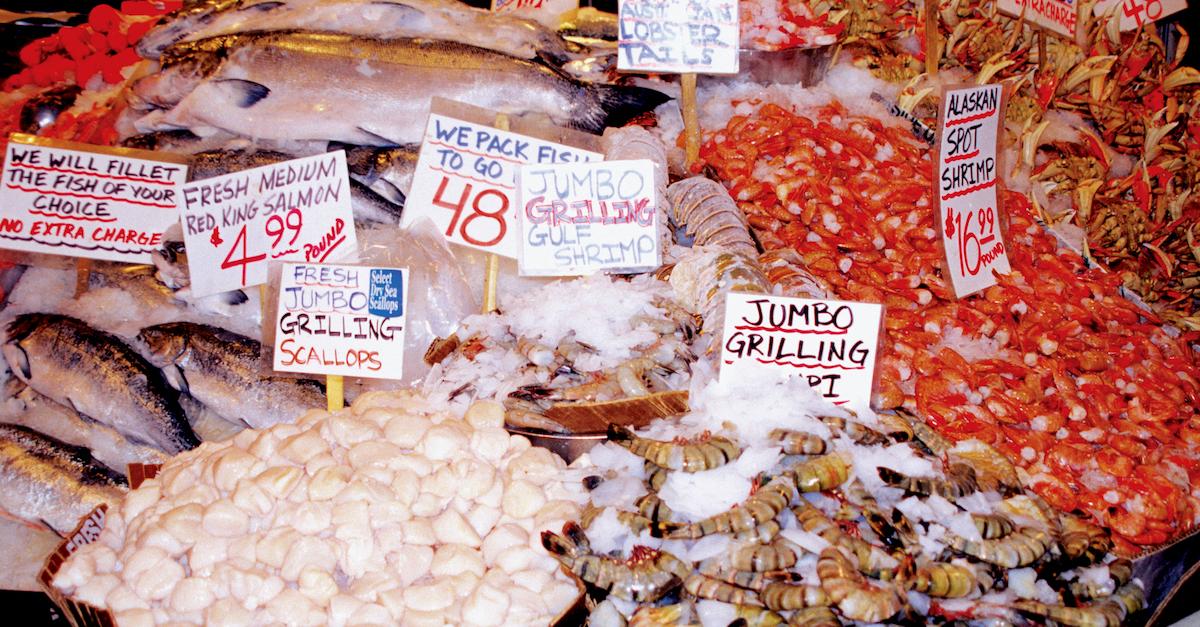
Why is marine biodiversity is important to humans?
Aside from assuring food security, marine biodiversity also provides social and socioeconomic benefits. Socioeconomically, many areas of the world rely on fisheries to survive. If fishermen cannot sell seafood, fisheries cannot purchase fish, and these ways of life are forced out of business. A side effect of that would be that so many populations that rely on fisheries would be out of their main source of protein.
Biodiversity also brings many social benefits to human populations: the opportunities to research and educate about fisheries, natural habitats, ecosystems, and various species. It also increases tourism and recreational activities, while having a lasting cultural impact, too — if specific populations rely on a species for food, loss of that population would affect that population’s culture and food supply.
Marine biodiversity is incredibly important — let's take a stand against overfishing to ensure it doesn't plague eco-systems and human populations alike. TBH, might be best to go fish-free. instead.